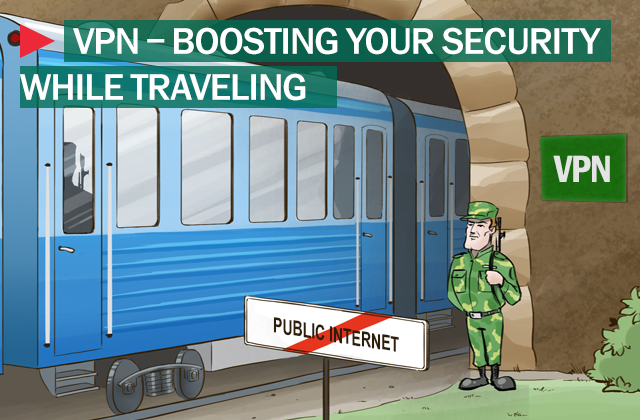Virtual Private Networks, or VPNs for short, have become increasingly essential of late as we more often access sensitive data from remote locations — and as the threat of having our sensitive data stolen by attackers has increased. Here’s what you should know.
- What a VPN Does: VPNs provide a secure connection over the Internet between a user and the data or websites to which they connect and encrypts the data exchanged across that connection. A user opens a VPN portal on their system — or their tablets and mobile devices — or navigates to a VPN website, and from there operates under the VPNs protection through the VPN-specific series of protected computers and networks.
VPNs provide a secure connection over the Internet between a user and the data or websites to which they connect and encrypts the data exchanged across that connection.
- Why Use a VPN: To the extent that the general public is familiar with VPNs, most people probably think of it as a corporate protocol for business travelers and people who work remotely — something to use to protect your company’s data. That’s not the case anymore. VPNs are used for lots of reasons — they are particularly useful for business travelers and people who download massive amounts of data —but the underlying theme is that it is the best way to ensure that your data is always protected. It’s an added safety measure if you already work on a secure network, but it’s critical to use VPNs over open public Wi-Fi connections — hence their origins in the traveling corporate space. Attackers prey on unsuspecting people in coffee shops, hotels and airports, but a VPN provides the security to stop them.
- Which VPNs to Use: There are lots of VPNs to choose from, some of which are free, some of which are not — but we’re not talking astronomical prices, more in the $5-$10/month range. Among the most popular paid VPNs are Hamachi, Private Internet Access and Astrill. Some of the most popular free VPNS are Shrew Soft, Comodo Unite and the free/basic version of Hamachi.
- Note of Caution: Like all security measures, though, no even the securest of VPNs can be exploited. And a VPN can’t protect you if you choose to download malicious files, which is why you still have to be as cautious as ever about the emails you open, the attachments you download and the links you click through. Because VPNs aren’t 100 percent secure, it is still essential to use a robust security suite like Kaspersky PURE 3.0, which provides a high level or protection while ensuring your system’s speed and efficiency, while programs like Kaspersky Internet Security help you secure your online activity, protecting you from potential attacks — with or without a VPN.
 browser security
browser security


 Tips
Tips